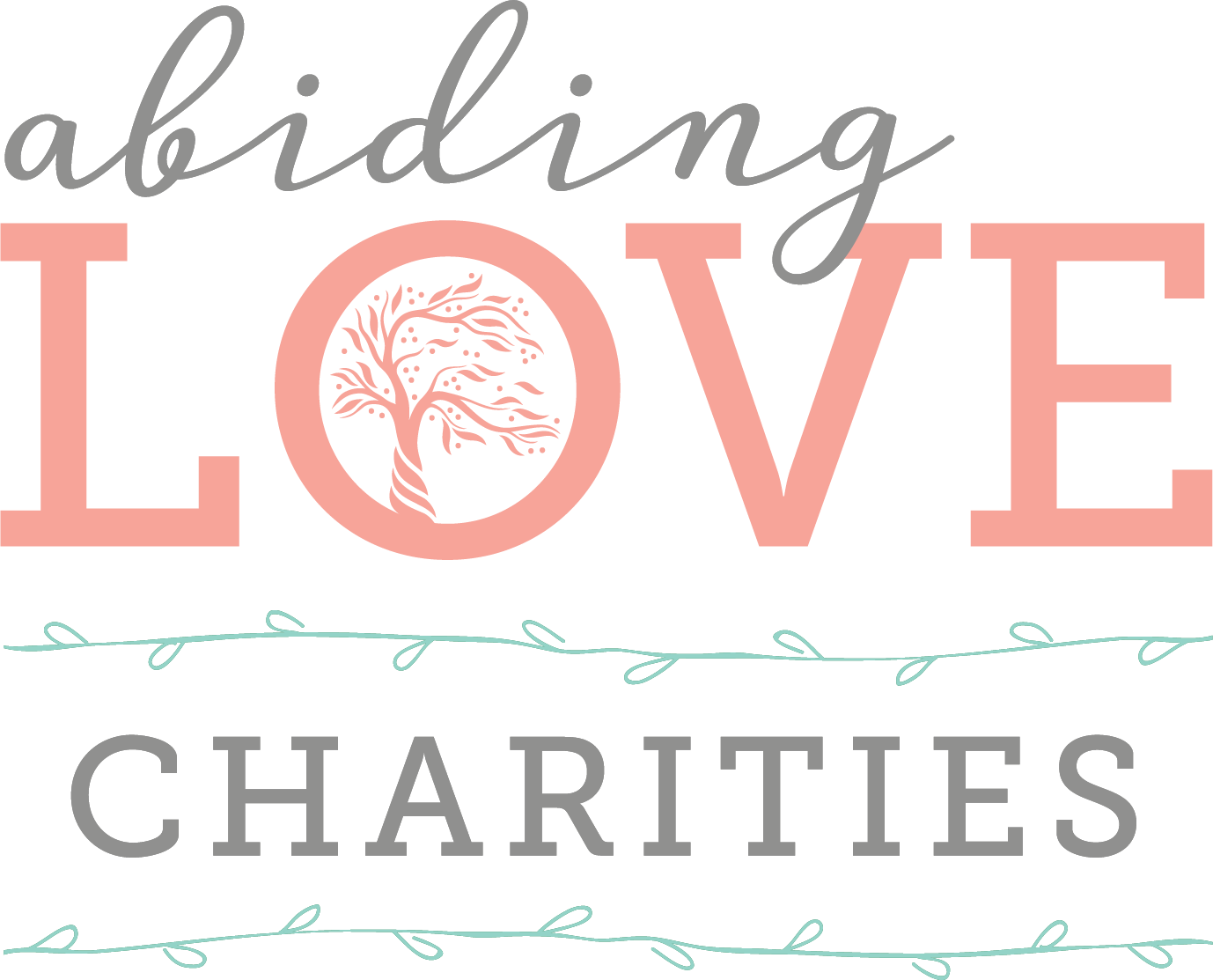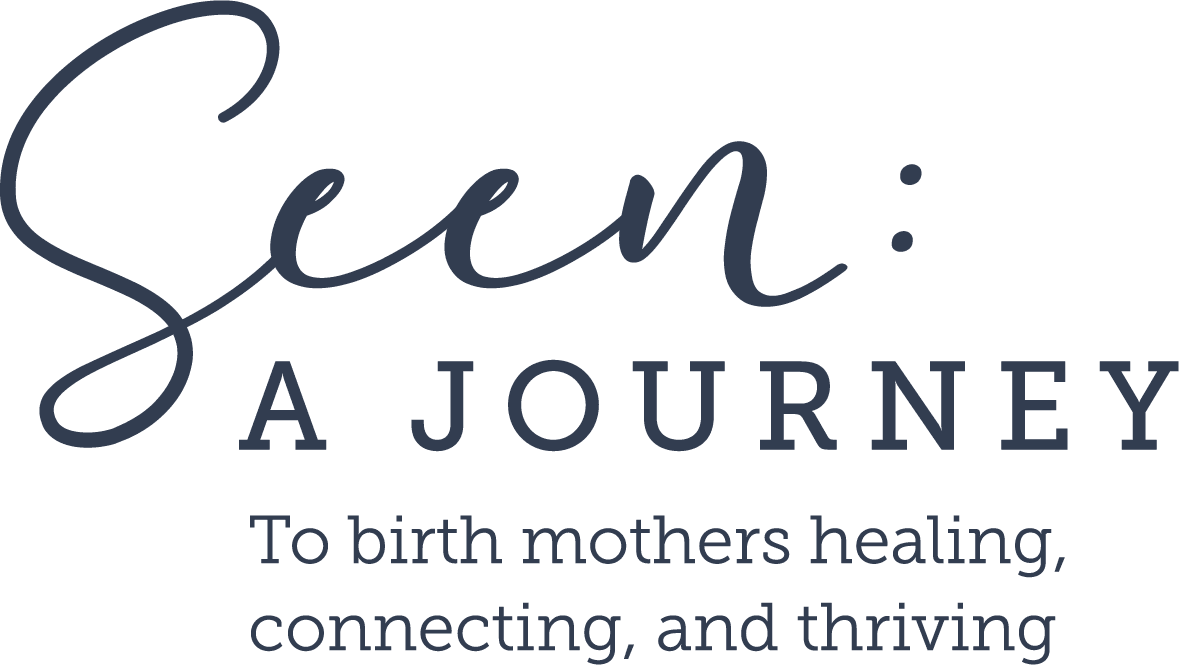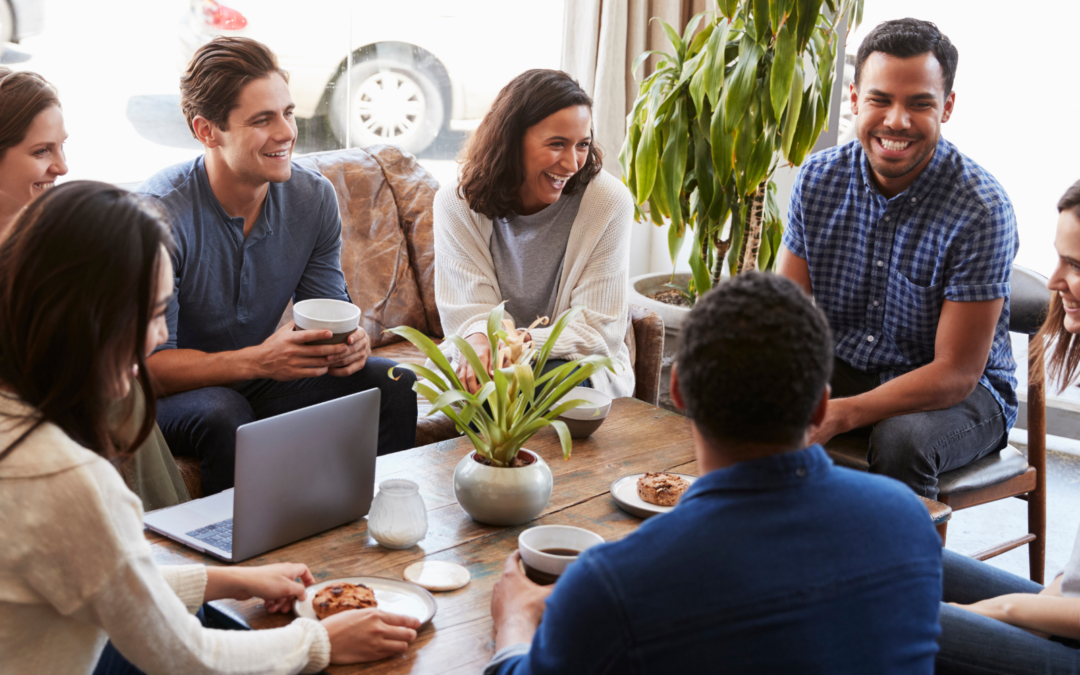You’ve heard it before, but we were not designed to do this life alone. Humans are relational beings. On a biological level, community is crucial to our survival. On a spiritual and personal level, community is crucial if we are to not just survive but thrive.
For too long, birth mothers have been forgotten about and sometimes even erased from history.
Our names are removed from birth certificates. Adopted children are left out of family trees. Genetic ties are legally separated. This type of separation impacts generations and if we are not in community with those who understand the complexities of what we have experienced, we end up suffering in silence.
Everything we experience in life, good and bad, does not benefit us if we do not heal or learn from it. One of the big reasons so many birth mothers struggle with processing their grief and healing is because they have either been isolated by their community or are isolating themselves.
After I placed my daughter for adoption, I wanted nothing to do with the adoption community. I thought I didn’t need support because I chose to place my child. In a sense, I just needed to grin and bear it because I put myself in this situation.
Once I met with other birth moms and started to develop relationships with them, I realized how wrong I was in thinking I was supposed to suffer in silence. It didn’t have to be that way.
Once I met with adoptees and started to develop relationships with them, I realized I had so much to learn from them on how to navigate my adoption and my relationship with my birth daughter.
Once I met with adoptive parents and started to develop relationships with them, I realized we both want the same thing and that’s to raise confident children. We were not as different as I first thought we were.
Being intentional about leaning into the conversation with all members of the adoption triad has healed parts of me that only this community could because only they understand.
While I might not be parenting my birth daughter, I still have a responsibility to her to heal and be a safe space for her should she need that. I have to take ownership over my role in her life and the impact my decision to place her had on her.
I am much more aware of how my birth daughter might feel about her adoption because of my relationships with adoptees. I am better prepared to handle all the emotions that may come and I can be sensitive to her needs and respond accordingly. I would not have been able to come to a place of acceptance and understanding if I avoided tough conversations or became defensive when facing some of these hard truths.
So when we talk about finding community within the context of adoption, that means listening to not just other birth moms, it includes adoptees and adoptive parents too. Each of us need to work together to make adoption as ethical as possible. If we are truly in the business of loving and supporting children, we must embrace each other and respect each other’s roles because our roles in adoption are not mutually exclusive. We need each other, because that’s how we were designed.
So, next time you find yourself reading something online about adoption that maybe challenges your thoughts, don’t immediately become defensive. Take a moment to really think about what the person is saying and how you might be able to apply it to your own experience. Don’t walk away from or avoid hard conversations or feelings. No one ever benefited from isolation or avoidance. Like we say to our children, turn on our listening ears and make room for growth.


